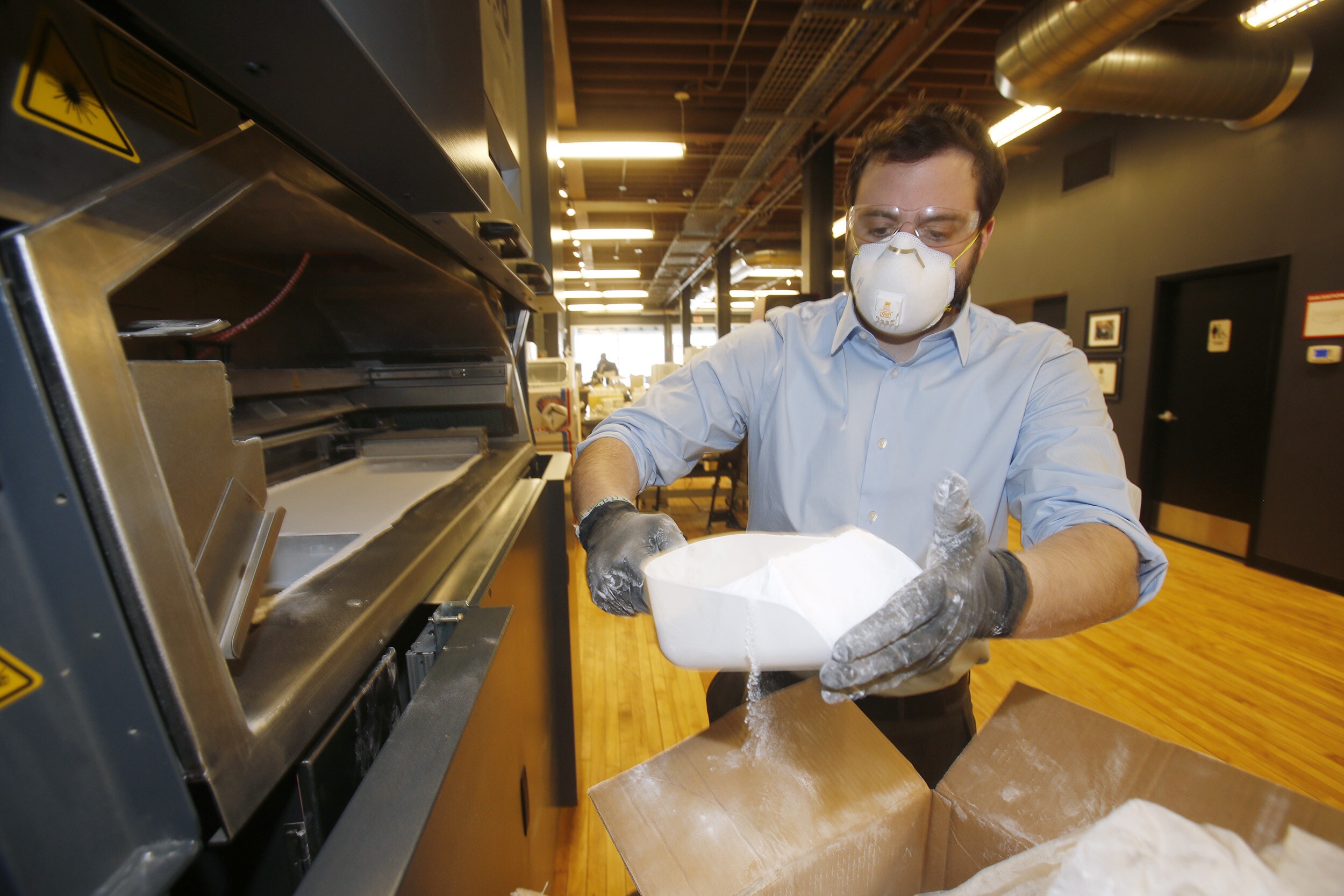These tips could help you better manage your work email

Many academic studies have found that there is a certain addictive, habitual component to our use of work email.
Image: Unsplash/ Glenn Carstens-Peters
Stay up to date:
Education, Gender and Work
- New research looks into the role of emails in our working lives, and if they can hinder our ability to complete the work at hand.
- Researchers in organizational behaviour and occupational psychology compared results from 127 employees to study the effectiveness of tips to reduce counterproductive emailing.
- Key tips to change employees habits include self-efficacy training to give staff the resources and confidence to change their habits.
It is an impressive feat that work email has managed to reign supreme as the most prolific and favoured communication tool in today’s digital working world, despite the emergence of arguably more functional alternatives like Slack, Yammer and MS Teams.
Yet it may not be through active choice that email continues to dominate our working lives. Many academic studies have found that there is a certain addictive, habitual component to our use of work email that might be difficult for us to change. At a time when there are so many concerns being raised about always-on work cultures and our right to disconnect, email is the bane of many of our working lives.
Our research
We were approached by an international UK-based charity that was concerned about recent staff survey results suggesting that email was making many of their employees feel stressed. Despite making a significant investment into alternatives to try to curb the heavy reliance on work email, many staff were still overusing it – such as sending messages to colleagues sitting nearby, using it for general chit-chat, or out of office hours.
We were asked to design a long-term intervention that could help the staff to change their work-email habits to improve their wellbeing and productivity. We developed a model using existing research on changing people’s habits, and how work email is used.
A key aspect of the model is that unlike, say, a health habit such as smoking, work habits are seldom good or bad per se, but depend on the worker’s role and work context. We consider that a work habit should only be defined as good or bad in relation to whether it helps or hinders someone from fulfilling their tasks and goals, and how it affects their wellbeing.
For example, for a person in a customer-serving role, responding immediately to email notifications can be a good habit as they achieve their central objective of being responsive and helpful to customers. But for a scientist or a writer, the same habit could be detrimental as it might distract them from concentrating on complex work for long periods.
We ran our model for a year with 127 employees at the charity. These workers had responded to an open call to engage in the research and were randomly assigned to an intervention or a control group that were roughly equal in size. For all participants, we measured their email habits and work goals before, during and after the programme.
We provided all workers in the intervention group with work-email tips over a period of about nine months, disseminating these one at a time on a regular basis. Tips included a suggestion to turn off work-email alerts, especially when doing something that demanded a lot of concentration, and to only manually check their inbox every 30-40 minutes.
As each participant received a tip, they had to confirm to us whether they would be implementing this suggestion or not. This meant they were given control over whether it would be appropriate for them and the work they do. Workers in the control group didn’t receive any tips.

Our results showed that workers who received the tips and expressly committed to using them were more likely to change their email behaviour overall. Those who changed their habits enjoyed an improved sense of wellbeing and their perceived ability to achieve work goals increased.
The participants who benefited most were the ones with the highest levels of self-efficacy (a belief in one’s ability to exert control over work and achieve desirable outcomes). In other words, only when people believe they can make the changes will they actually succeed and reap the benefits.
Key messages
Our research shows how important it is for initiatives aimed at changing employees’ habits to accommodate individual preferences so that they have control over what they change. To improve the email habits of workers, organisations should therefore provide plans to help them decide which habits might need altering, while leaving the decision to the individual about what to implement in the context of their role.
Coupled with this, organisations should provide self-efficacy training to give staff the resources and confidence to change their habits. That will maximise the chances of success, helping as many people as possible to ditch those dysfunctional work-email habits and develop better, more effective ways of working.
Accept our marketing cookies to access this content.
These cookies are currently disabled in your browser.
Don't miss any update on this topic
Create a free account and access your personalized content collection with our latest publications and analyses.
License and Republishing
World Economic Forum articles may be republished in accordance with the Creative Commons Attribution-NonCommercial-NoDerivatives 4.0 International Public License, and in accordance with our Terms of Use.
The views expressed in this article are those of the author alone and not the World Economic Forum.
Forum Stories newsletter
Bringing you weekly curated insights and analysis on the global issues that matter.
More on Jobs and the Future of WorkSee all
Tania Strauss and Beverley Postma
September 17, 2025
Sercan Esen
September 16, 2025
Metolo Foyet
September 16, 2025
Sapthagiri Chapalapalli
September 16, 2025
Ana Kreacic and John Romeo
September 9, 2025





